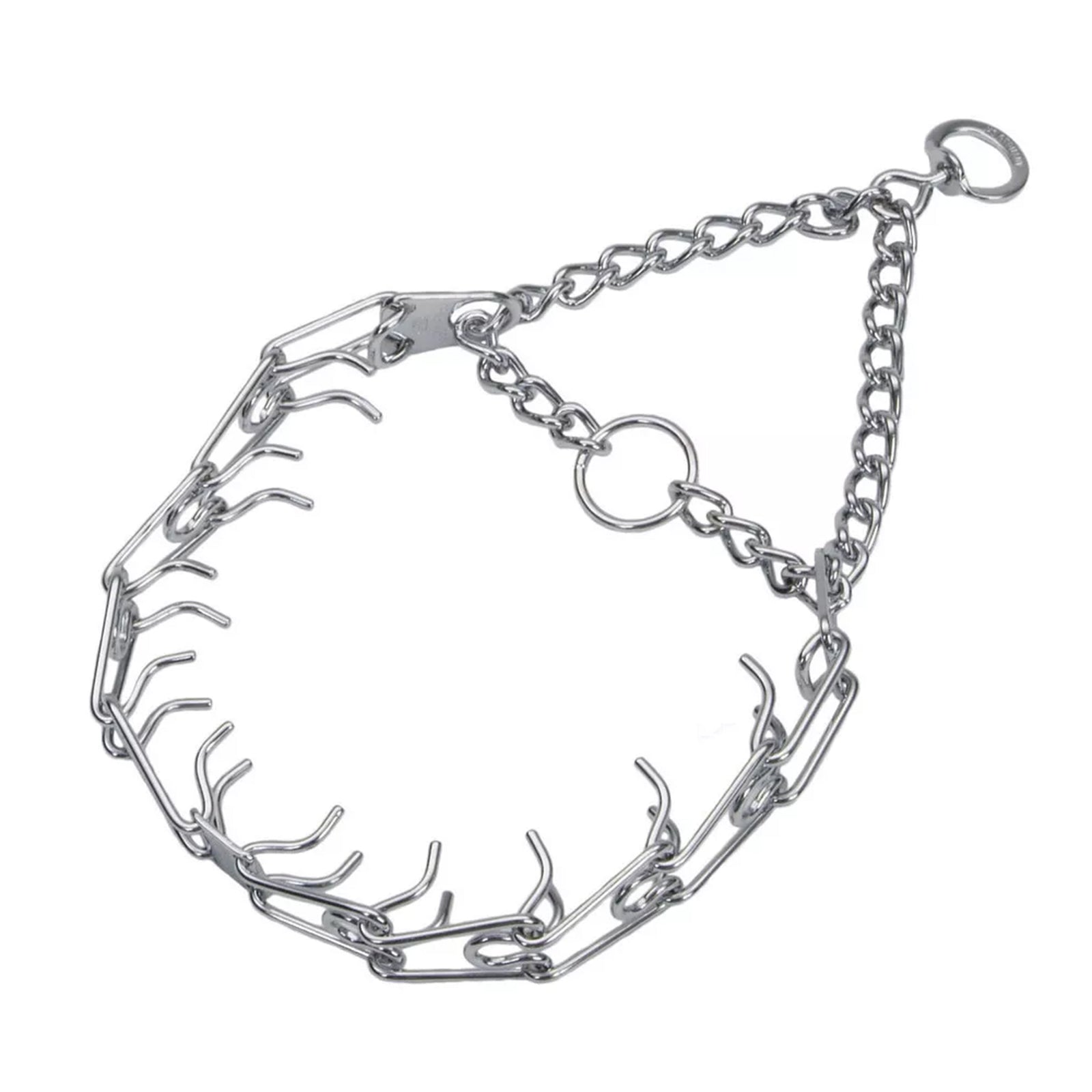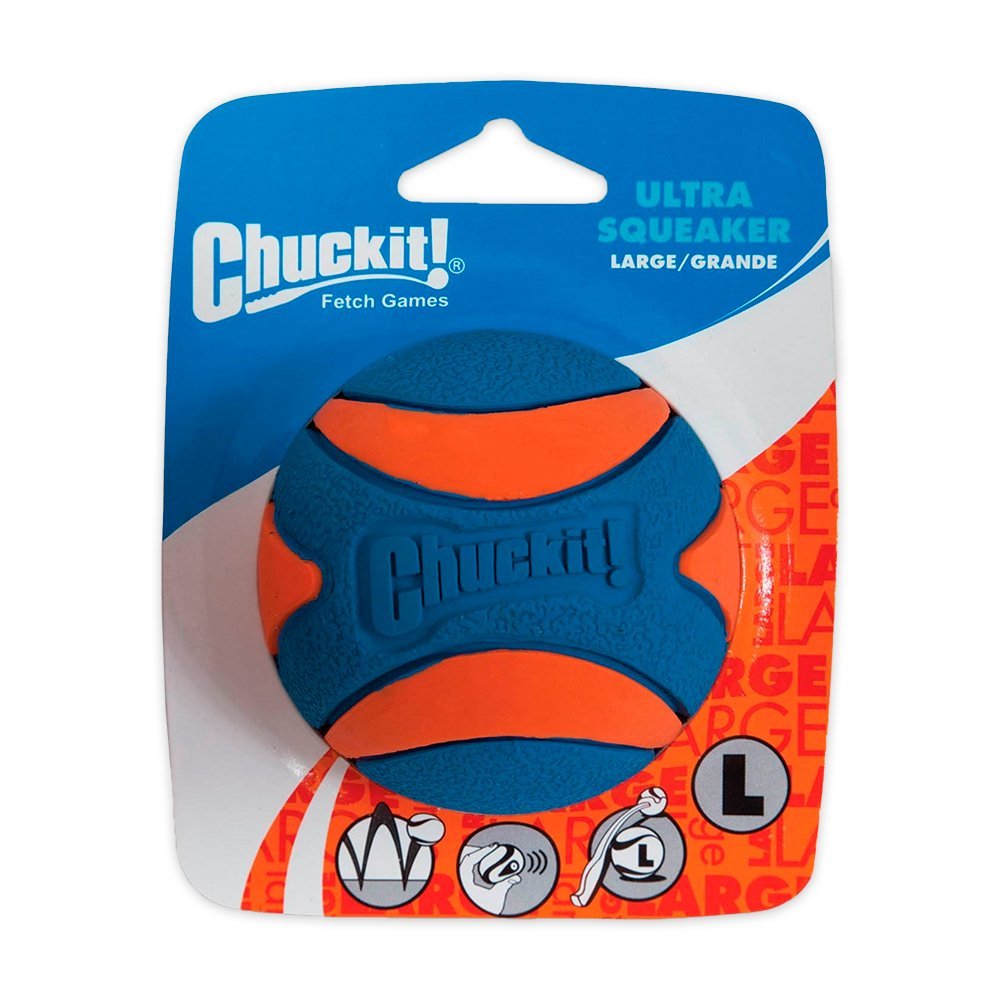At least 10% of all cats experience elimination issues. Some people stop using the box entirely. Some people use only their boxes for urine flow or defecation, not both. Others eliminate both the inside and outside of their boxes. Elimination issues can arise as a result of disputes between multiple cats in the home, a disapproval of the waste type or the litter itself, a previous medical condition, or the cat determining she doesn't like how the litter box is situated.
Kitties are often regarded as a more individual, self-sufficient species than dogs, owing to the fact that they do not require people to take them out again to eliminate them. Most cats learn to eliminate in the house by using cat litter box supplies.
Nonetheless, feline eradication issues are among the most common behavioral issues that clients bring to veterinarians. Often, the issue arises because human preferences for litter box location and type do not coincide with the wants of their feline companions.
As veterinary experts, we must be at ease when teaching.
How Can Cats Sense When To Use The Litter Box?
It's in a cat's DNA to relieve itself where it can hide it, regardless of whether humans raised it as an orphan or with its mother and other kittens. Stacie Lee Nyhuis, a Licensed Veterinary Technician at Behavior Solutions for Pets in Ashburn, Virginia, explains that in the wild, cats bury their waste to keep the scent of their presence hidden from potential predators.
It's important to encourage newborn kittens to eliminate. So even if it's a little dirty at first, they'll naturally start using the best litter box for cats when they're three to four weeks old.
Even while stray cats making the transition from the outside to the indoors are aware of what to do, they can prefer to use your houseplants as a litter box. Put away the houseplants and provide several types of cat litter boxes to assist her in adjusting. You might also think about gradually switching from natural substrate (soil or sod) to commercial kitty litter by adding it to the litter box.
Read more: Wet Cat Food vs. Dry Cat Food: Which Is The Purrfect Choice?
Managing Litter-Box Issues
Your cat won't likely use her litter box if she doesn't feel at ease using it or can't get to it readily. Due to the following typical litter-box concerns, she might exit her box:
- Your cat's litter box hasn't been cleaned frequently or thoroughly enough.
- For your household, there aren't enough litter boxes available. Be sure you have a litter box for all of your cats and also one spare.
- The litter box is too tiny for your cat.
- Your cat can't always simply access her litter box.
- There is a hood or liner on your cat's litter box that bothers her.
- Your cat's litter box has too much litter. Cats typically prefer 1 to 2 inches of litter.
Don’t forget to check out the entire range ofcat litter accessories!
Favorable Location
Cats may avoid locations they don't like, much like how people and canines develop preferences for where to urinate themselves. This suggests that they might avoid using their litter box if it's in a bad spot. Thus, position it in a location that cats find cozy.
Conflict In Multiple-Cat Homes
Occasionally, one or more cats in a household will prevent the other cats from using the litter boxes and restrict access to them. Even if one of the cats isn't really targeting some other cats in the litter box, any argument amongst cats in a house can cause enough tension to result in litter-box problems.
Environment Modifications
Have you recently made any significant moves? Or perhaps you simply relocated your furniture, or even more significantly—you purchased a new home. Whatever it may be, it could worry and confuse your cat. Be patient; your cat should eventually acclimatize to the changes in its environment.
Stress
Several different things can cause stress, but some cats are predisposed to it by nature. You might not notice a minor change if you have an anxious cat, but they do. If your restroom habits start to change, try to come up with some changes.
To Conclude
Your veterinarian should always be the first person you call if your cat starts using the toilet outside of the Cat litter box. Changes in a cat's litter box habits can result from a variety of medical issues. Your cat may have a behavior issue that has to be resolved if your vet examines them and gives them a clean bill of health.
Read more: How Much Dry Food to Feed a Cat?

















